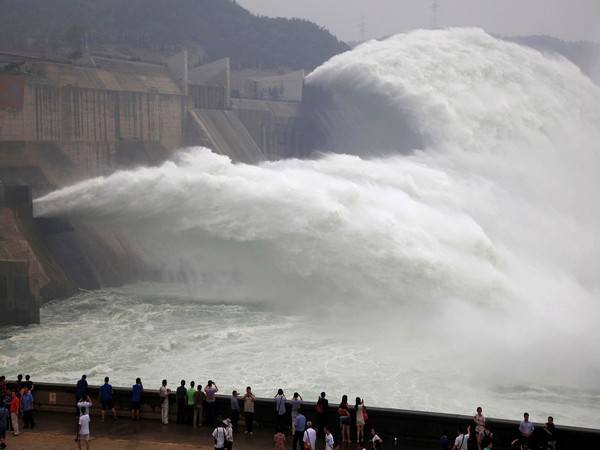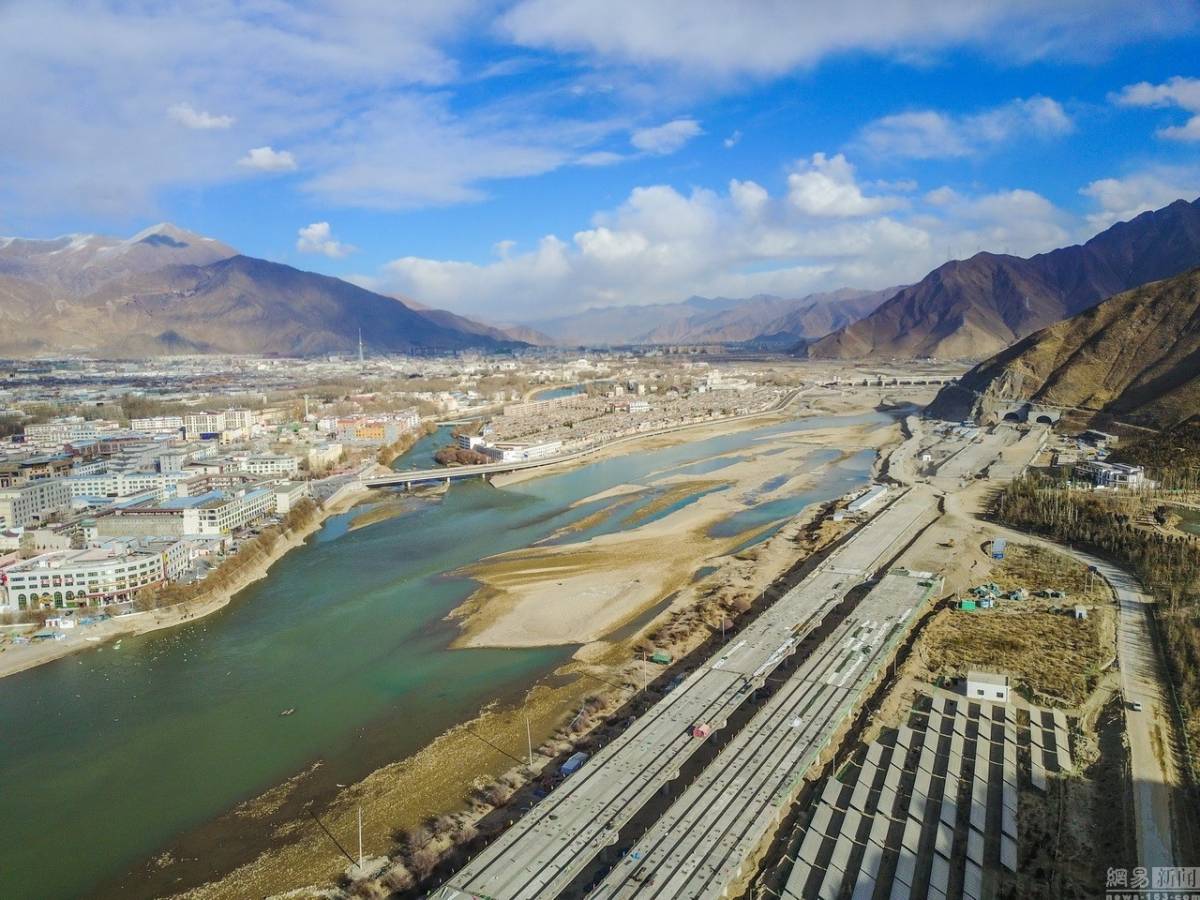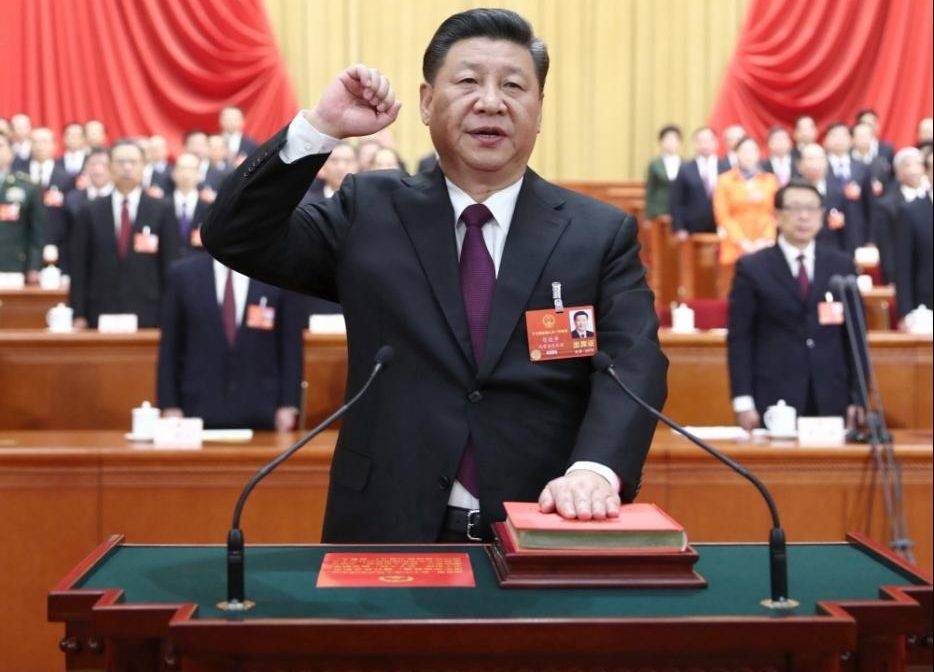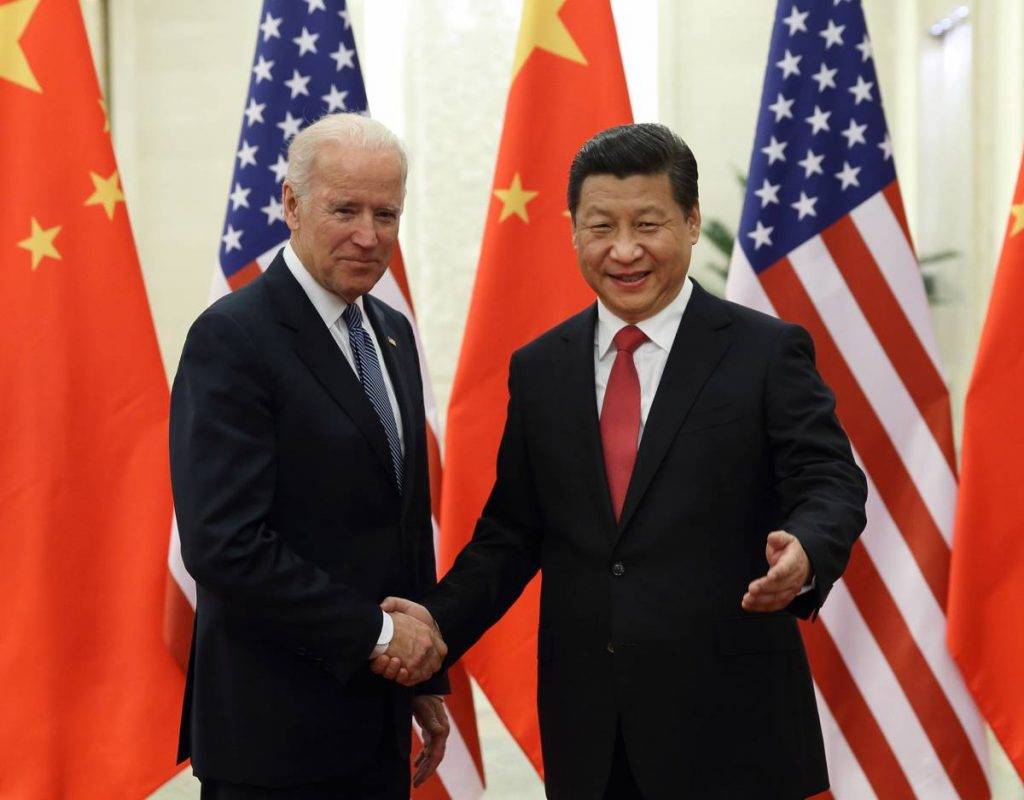Experts believe that they are now under serious threat due to the many small and big hydropower projects rampantly being executed by China….reports Asian Lite News
As China continues with hydropower projects on the Yarlung Tsangpo River, concerns are rising in the lower riparian nations regarding the impact of these projects on the river, which is one of the crucial sources of freshwater for India and Bangladesh.
Yarlung Tsangpo is a lifeline for a significant population in these countries. It originates at the southeast of Mount Kailash and Manasarovar in Tibet and is the upper stream of the Brahmaputra river. It later flows through the South Tibet Valley and Yarlung Tsangpo Grand Canyon before passing through the state of Arunachal Pradesh and Assam in India.
Finally, it flows down into Bangladesh where it is referred to as the Jamuna River. Lower riparian nations both India and Bangladesh are particularly dependent upon the river for power, fishing and irrigation purposes.
Experts believe that they are now under serious threat due to the many small and big hydropower projects rampantly being executed by China.
A Toronto-based think tank International Forum for Rights and Security (IFFRAS) has argued that the construction of these hydropower dams without consideration of upstream and downstream ecosystems and landscapes has a significant economic and environmental bearing on the location of the project, the adjoining and far-away regions as well.
Experts say that the potential to have major political and environmental implications in Arunachal Pradesh and Assam in India, the states that are dependent on the Brahmaputra River, and in the country, Bangladesh.

The think tank said China also sees this hydropower project as an attempt to safeguard its national security and parochially retain its natural sources for its own disposal.
“Admittedly, the location of the hydropower project is such that it is prone to earthquakes and floods caused by landslides. Thus, the project is likely to further add on to the existing miseries of the people downstream of this river basin.”
Furthermore, the aquatic species of the river which adds to the river’s biodiversity are bound to affect by all these activities.
According to the experts, China is working towards its own advantage by exercising complete control and depriving the lower riparian countries, India and Bangladesh of their requisite water supply, particularly during the summers when the water is scarce.
The main issue of lower riparian nations is concern regarding floods. “It is pertinent to note that dams in China would also trap the sediments and deprive the Brahmaputra basin of the much needed silt which is responsible for making the plains in the region fertile. Silt also helps restrain the flow in a way that floods are less destructive and seemingly more controlled,” the think tank said. (ANI)













